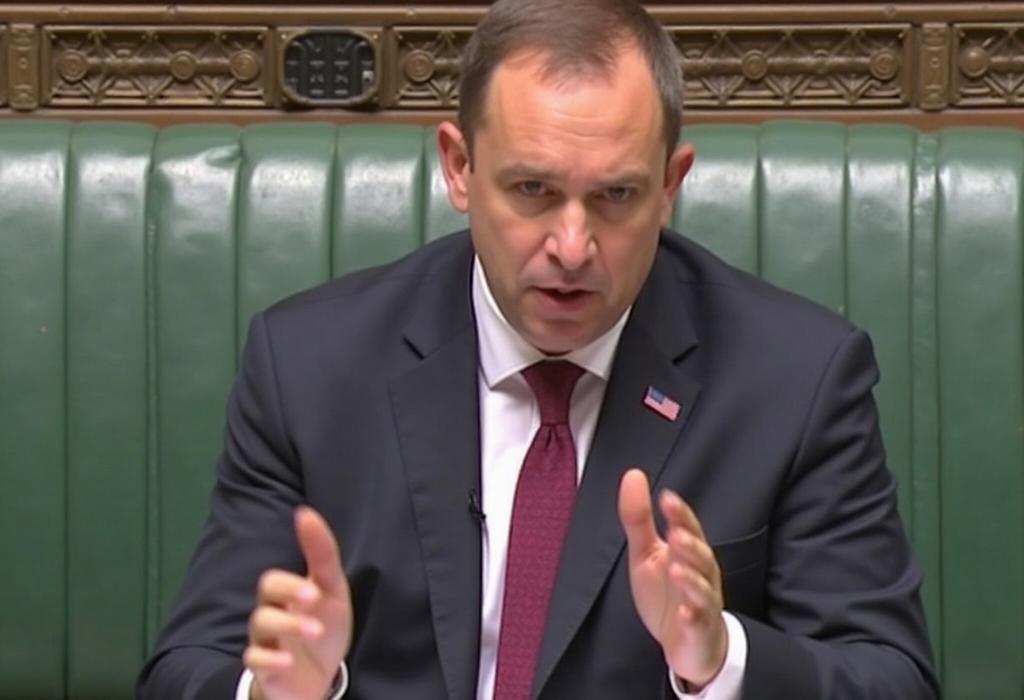In the recent final leaders' debate, Prime Minister Anthony Albanese and Opposition Leader Peter Dutton faced scrutiny on various pressing issues, but one particular moment that stood out was their dismal performance regarding the price of eggs. Albanese's estimate of $7 was closer to reality, especially given the current supermarket prices, while Dutton's claim of $4.20 reveals a serious disconnect from the everyday experiences of Australian families, considering that eggs currently retail for up to $10 per dozen in some places due to supply shortages caused by avian influenza. The debate showcased broader themes of trust in leadership, particularly concerning US President Donald Trump's administration, with both leaders expressing a surprising level of confidence amid a lack of public support for that perspective. Reports suggest that 68% of Australians view Trump's presidency negatively, highlighting a significant gap between political sentiments and public opinion. The debate itself, moderated by Mark Riley, was perceived as largely ineffective and shallow, failing to address key topics like national security and economic growth in a meaningful way. The contentious exchange about Indigenous Welcome to Country ceremonies also illustrated the broader cultural rifts in Australian society and how they connect to electoral strategies. Overall, the debate lacked the substance that voters are seeking, leaving many feeling undecided about which leader can effectively tackle real-world problems. As individuals evaluate the cost of living and other pressing issues, it becomes clear that voters require more than empty rhetoric—they seek genuine understanding and solutions from their leaders.
AD
AD
AD
AD
Bias Analysis
Bias Score:
65/100
Neutral
Biased
This news has been analyzed from 14 different sources.
Bias Assessment: The reporting reflects considerable bias given the emphasis on the criticism of Dutton compared to a milder critique of Albanese. The tone suggests disapproval of Dutton's approach and implies a disconnect between his understanding of everyday issues and the realities faced by voters. Moreover, there are underlying biases in how the opinions on Trump were framed, leaning toward skepticism without giving equal weight to the reasoning behind the leaders' statements.
Key Questions About This Article




